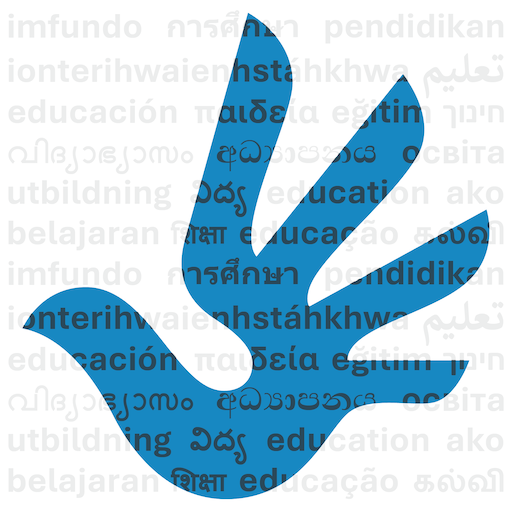We are a community of practice advancing the protection and realisation of international Human Rights law (especially the UN Convention on the Rights of the Child) for, in and through education in all educational environments.
1. RCE and Curriculum, Pedagogy and Assessment
Several members of the RCE Network contributed to the recent call by the UN Special Rapporteur on the Right to Education on Curriculum, Pedagogy and Assessment. Read more here.
2. Launch of the RCE Quality Assurance System
We are inviting educators working directly with children (at school, home, or elsewhere) seeking to align their practices with Child Rights to join the RCE QAS.
For more details, please see the recording of the inauguration:
To join as a Participant, fill out the form here.
If you do not work directly with children, you can
- Support the QAS in an Advisory capacity
- Sign the Declaration of Child-Rights Centric Education using this form.
- Become a conscious collaborator by joining the RCE Network using this form.
